We were pushed out of our comfort zones, and into our discomfort zones, with the arrival of COVID-19. How can we cope with this pressure to do more with less?
The pandemic came with a host of negative emotions, including stress, fear, and anxiety. Dealing with negative emotions over a prolonged period depletes one’s emotional, mental, and physical energy reserves. As business goes back to normal, we can expect a struggle to return to pre-pandemic levels of energy and effectiveness, let alone doing more than before to catch up on lost time and make up for lost business. How can we cope with this pressure to do more with less?
- Sometimes say yes, and sometimes say no. Because of backlogs, take on as much work as you can realistically get done at a standard that you are willing to live with. Managing ten projects well is worth much, much more than trying to manage five projects perfectly (because perfection is impossible) or mismanaging twenty projects and losing credibility, hurting your brand, refunding unhappy clients, etc.
- Manage your time, by prioritising tasks for the next day, based on the importance, the urgency, and the level of control you have over what needs to be done. Multi-tasking or doing several projects at once is hard, and impossible if you don’t have a to-do-list. Then, don’t procrastinate or waste time – identify your time-wasting habits, and actively eliminate them.
- Limit your (online and offline) meetings, because meetings eat into your productive time. Online meetings are in many ways more stressful than meeting in person. Ask yourself if what you are going to discuss in a meeting can just as well be resolved by email, or in a quick phone call.
- Identify unhelpful thoughts and behaviours, and then change them. Hopelessness, blame, complaining, etc. drain your energy, so instead, focus on active problem-solving and being optimistic. Take breaks from watching, reading, or listening to the news, including social media. Accept that you cannot control everything.
- Make time for yourself, to rest and recharge, even if (or, especially if) you are very busy. The positive impact of pleasant activities and nurturing yourself is that you are happier, and that means you will do more and be more effective during your productive time. Exercise regularly, even if you just stretch. If you feel overwhelmed, take a time-out, close your eyes, clear your mind, and breathe.
- Provide support, and seek support. Keep in touch with those you care about and trust – it is important to feel connected to them. It is very rewarding to help others, but don’t forget to ask for help when you need it, too. Call a healthcare provider if stress gets in the way of your daily activities for several days in a row. And learn to delegate.
- Stay safe and healthy. Take the necessary precautions to keep yourself, your loved ones, and your clients safe and healthy. When safe, healthy habits are automatic, you waste less energy on worrying about it. Eat healthy, well-balanced meals, and have at least one meal a day sitting down at a table. Catch up on lost sleep as soon as you can, and avoid alcohol and drugs.
- Build your resilience. Laugh and make others laugh. Find meaning in your work. Make time to reflect on what you have learnt, and learn something new as often as you can. Believe in yourself – you’ve got this!

